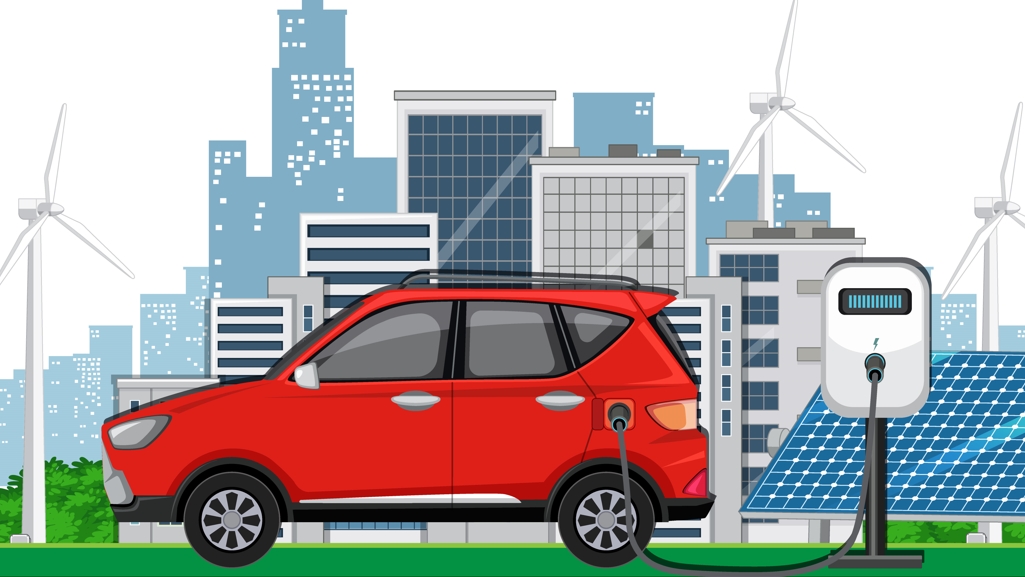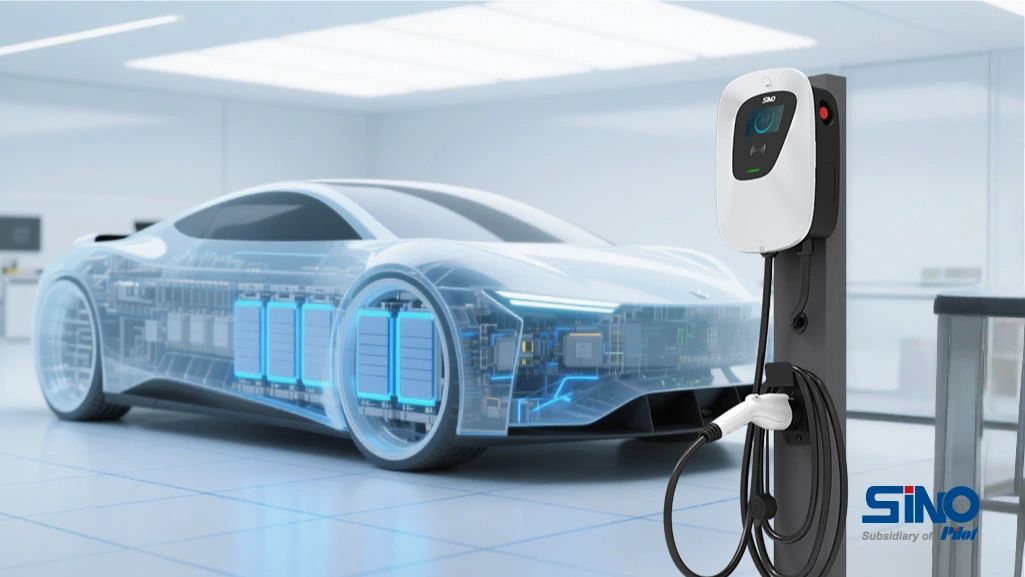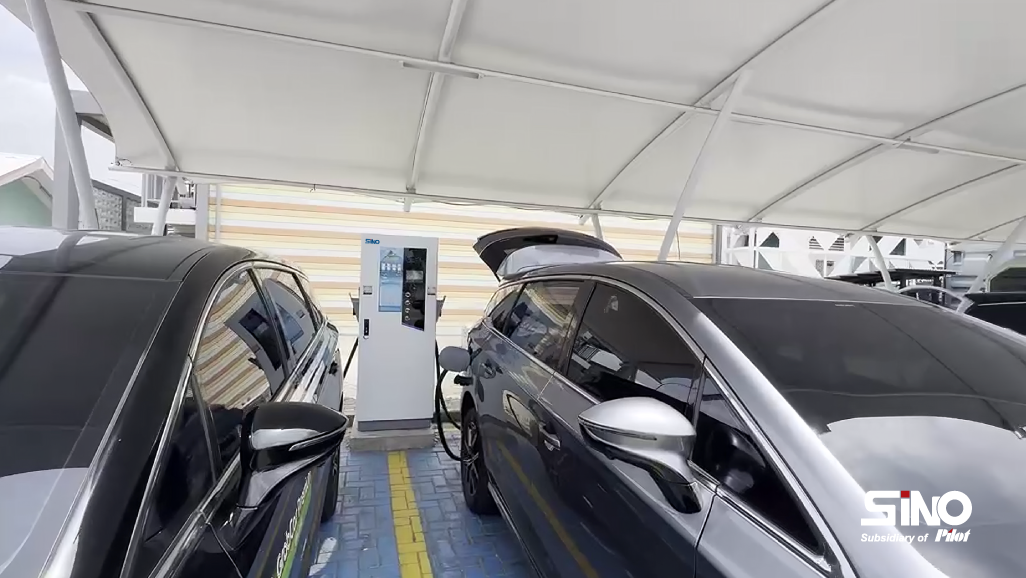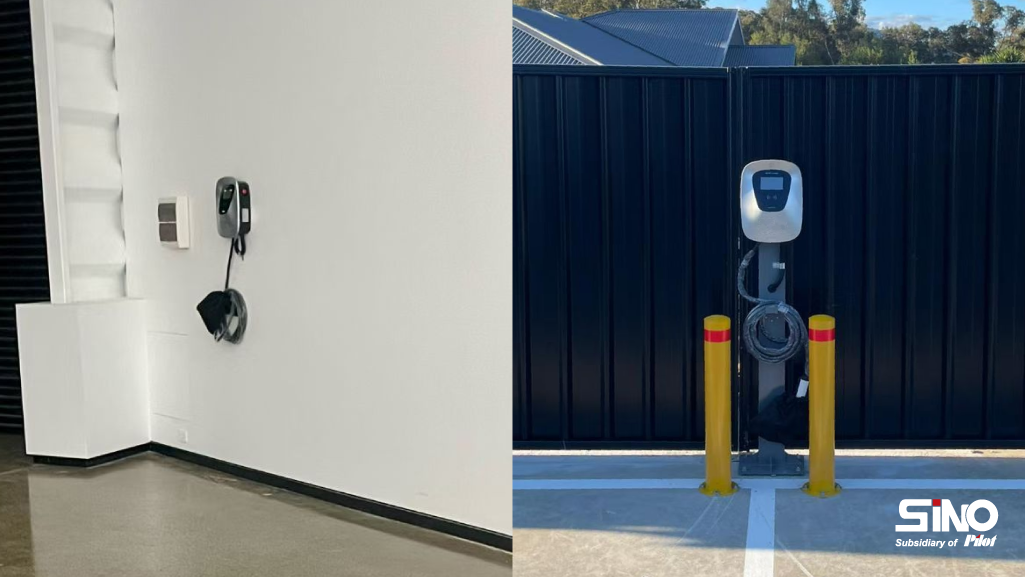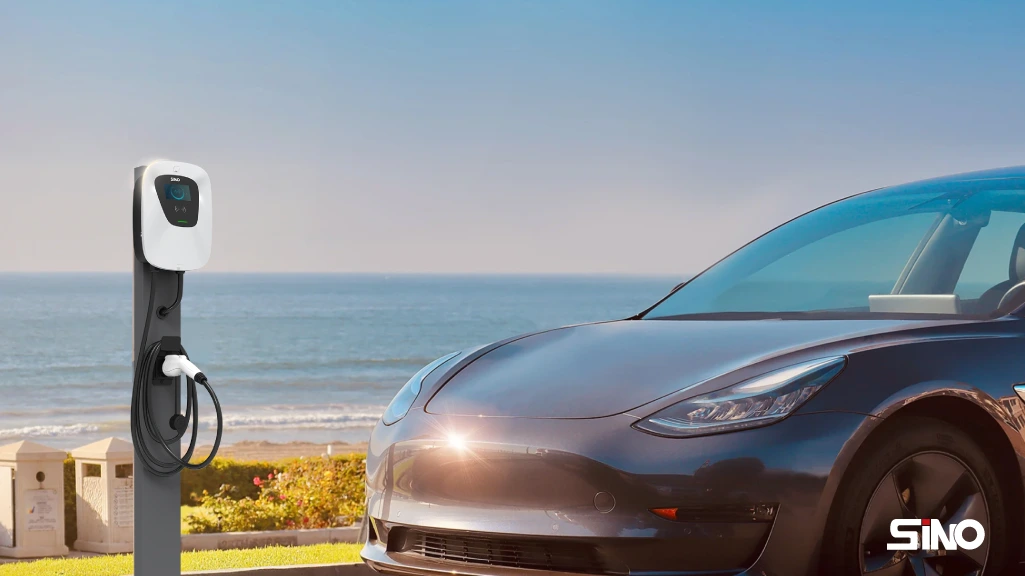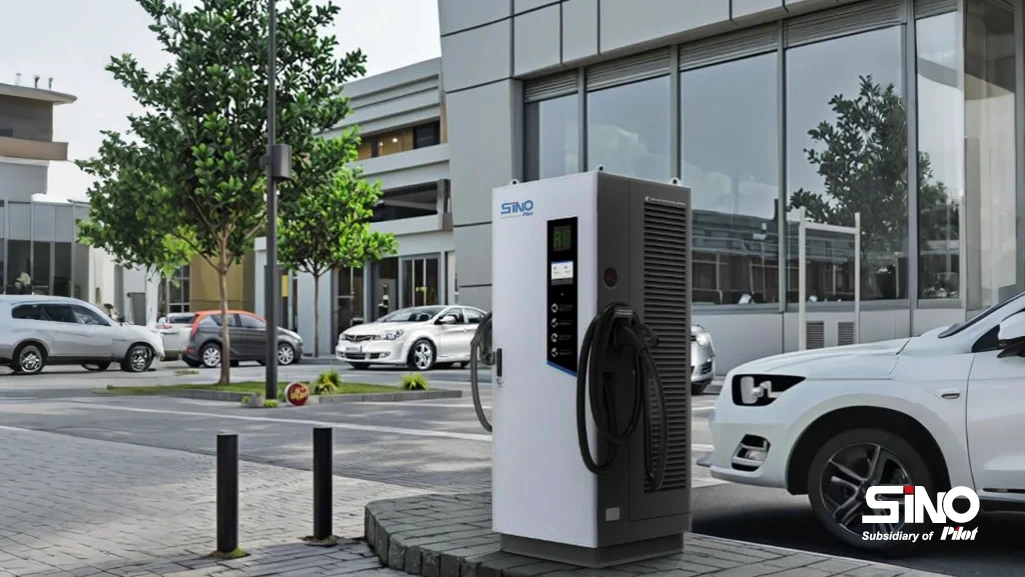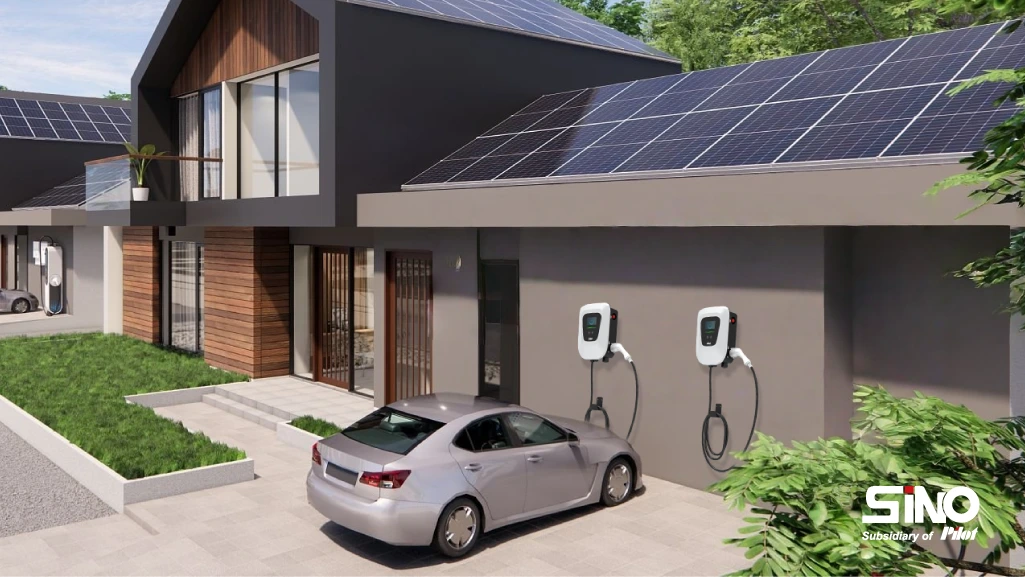The electric vehicle (EV) market is growing and several key factors are driving the fast growth of EVs globally. As a stakeholder, whether you are a distributor, supplier, investor, or operator in the new energy sector, you need to understand these factors. This article will look into the key elements that are driving the growth of the EV market and how they will shape the future of transportation.
EV Models and Performance
Model Evolution
EV model evolution has been a major driver of market growth. Initially, the market had limited EV options, seen as niche products with limited features. But technology has changed everything, EVs are now a big competitor of traditional vehicles. Manufacturers are now producing a wide range of models, from compact cars to luxury sedans and SUVs, each with longer battery life, better performance and more features.
| Early EV Models | Modern EV Models |
| Limited selection | Diverse range of models |
| Modest performance | Improved battery life |
| Basic features | Enhanced performance |
| Utilitarian design | Advanced features and technology |
| Short range | Longer driving ranges |
| Niche market appeal | Luxury Looks |
Broader Choices
Now consumers have more options when it comes to choosing EVs. Initially, the market was dominated by a few models, mostly small cars for city driving. Today the market has expanded so much that there are many models to choose from that cater to different preferences and needs.
This variety caters to different preferences and needs. EVs now target a large audience and fulfill their all demands. The availability of models with different ranges, sizes and prices has broken down the barriers to adoption. Whether an EV for urban traveling or long-distance travel, there’s a perfect model for almost every lifestyle and budget.
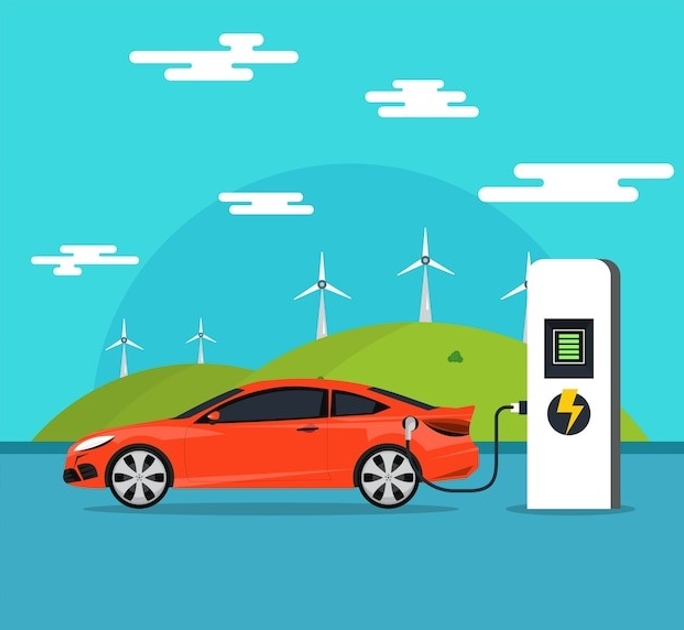
There are some types of EVs available in the market:
Compact and Subcompact EVs: For city living where roads are tight. They’re agile and efficient for city driving with a smaller environmental footprint.
Sedans and Hatchbacks: For families and daily travels. They offer a range of features, performance and space for all types of driving.
SUVs and Crossovers: Electric SUVs and crossovers have been a game changer. They combine EV tech with the practicality and space of larger vehicles that are best for large families, including those who need more seats for people and space for stuff.
Luxury EVs: High-end electric vehicles from Tesla, Audi and Porsche offer top performance, advanced tech and premium features. These models are designed to compete with luxury gas-powered cars for those who want the best and unique car.
Commercial and Fleet Vehicles: The EV market has also expanded to include commercial vehicles like delivery vans and trucks. These vehicles are the best way to reduce emissions in the logistics and transportation sectors where traditional vehicles are a major source of pollution.
Reducing Costs
Government Rebates and Incentives
Government rebates and incentives are very helpful in reducing the upfront cost of buying an EV. Many countries offer big financial incentives to encourage the adoption of electric vehicles. These can be tax credits, rebates and grants that can cut the purchase price by a significant amount making EVs more affordable for the average consumer.
Lower Operating Expenses
Another factor that increases EV growth is the lower running costs compared to petrol vehicles. EVs have fewer moving parts that why they have lower maintenance costs. And electricity is generally cheaper all over the world as compared to petrol, so big savings on fuel costs. Over the life of the vehicle these savings can be huge, so it’s a big incentive to switch to electric.
EV Awareness
More Awareness among People
More awareness about the environmental and economic benefits of EVs has increased their popularity among people. Public and private campaigns, educational programs and media coverage all played a big role in educating people about electric vehicles. As people become more aware of the positive impact of EVs like low cost, and reducing greenhouse gas emissions, and air pollution, they are more willing to adopt this technology.
EVs as Mainstream Vehicles
Cultural acceptance of EVs as mainstream vehicles is also increasing day by day. Initially, it was seen as experimental or luxury items, but now EVs are seen as practical and reliable vehicles for daily use. This change in perception of people is key to market growth as more people will consider EVs as their next vehicle purchase.
China’s electric vehicles are the leaders in the electric vehicle market. If you are considering buying an electric vehicle from China, GuangcaiAuto will be a good choice. GuangcaiAuto offers a wide range of Chinese electric vehicle brands and models. Whether you are looking for high performance, long battery life, or value for money and stylish appearance, you can find an electric vehicle here to meet your needs.
Emission Regulations
Stricter Emission Regulations
Implementing stricter emission rules by governments worldwide has a big impact on the growth of the EV. To combat climate change and improve air quality many countries have implemented strict standards that affect the buying of traditional internal combustion engine vehicles. These rules often have deadlines for manufacturers to reduce their vehicles’ average emissions, so that manufacturers develop and promote electric alternatives.
Encouraging Clean Energy
Emission rules not only force manufacturers but also encourage the adoption of clean energy technologies. By setting rules for emission reductions governments create an environment for the growth of the EV market. This regulatory support is key to driving innovation and investment in the EV sector so we can give a sustainable future to transportation.
Charging Infrastructure
More Charging Stations
As many countries built more charging stations that is also another big factor for fast EV market growth. As we have more EVs on the road we also have a large demand for charging stations. To meet this demand charging infrastructure has grown very fast within a few years. Now we have charging stations in homes, offices, malls, hotels and resorts.
Types of Charging Stations
- Home Charging Stations: Convenient and efficient for daily use
- Workplace Charging Stations: Encourages employees to switch to EVs
- Public Charging Stations: Located in malls, hotels, and resorts for ease of access
- Fast Charging Stations: Provide rapid charging options for long-distance travel

More Convenience
With more charging points available, EV adoption is even more increase. Drivers can now plan longer trips with confidence, knowing the charging station is nearby. And with charging technology improving, it’s getting easier and quicker to top up EVs. This is key to addressing range anxiety and getting more electric vehicles on the road.
Case Study: Norway’s EV Market Growth
Norway is the global leader in electric vehicle (EV) adoption, with 54% of new car sales being electric in 2020 size now its market is estimated at 8.79 billion USD in 2024, and is expected to reach 11.94 billion USD by 2030. This is due to a combination of government incentives, public awareness and infrastructure development. By making it EV-friendly, Norway has fast-tracked the transition from petrol cars to electric.
- Global Leader: Norway is the global leader in electric vehicle (EV) adoption.
- Strategic Combination: This remarkable achievement is due to a strategic combination
- Government Incentives: Tax reduction, reduced tolls, free public parking and bus lanes for EV drivers.
- Public Awareness: Campaigns and collaboration between government and non-profit organizations promoting EVs.
- Infrastructure: Investment in public and fast charging points.
- EV Friendly: By making it EV-friendly, Norway has fast-tracked the transition from petrol cars to electric.
Conclusion
The EV market is driven by many factors, including EV models evolving, government incentives and lower running costs, public awareness and acceptance, stricter emissions regulations and charging points becoming more widespread. All these add up to make electric vehicles a viable and desirable option for everyone. As technology improves and more people get on board with sustainable transport, the future is looking good.
FAQ
Q1: What are the main drivers of the EV market?
A1: EV models developing and improving, government incentives and lower running costs, public awareness and acceptance, stricter emissions regulations and more charging points.
Q2: How have EV models changed over time?
A2: EV models have changed a lot, technology has improved and now there are many more models with better battery life, performance and features. Consumers have more choices to suit different preferences and needs.
Q3: What’s the role of government incentives?
A3: Government incentives (tax credits, rebates, grants) help reduce the upfront cost of buying an EV making them more accessible to people. They help get more people on board by removing the financial hurdles.
Q4: How does awareness impact the EV market?
A4: As awareness of the environmental and economic benefits of EVs and cultural acceptance of EVs as mainstream cars grows, people are more willing to adopt electric vehicles.
Q5: What do emission regulations do to the EV market?
A5: Governments worldwide are implementing stricter emission regulations and manufacturers are forced to develop and promote electric options. This creates an environment for the EV market to grow as it encourages clean energy technologies.
Q6: How is charging infrastructure helping the EV market grow?
A6: Charging infrastructure at home, workplace, public and fast charging has made EV adoption more convenient. More charging points are addressing range anxiety and EVs for the masses.
Our Social
Facebook: www.facebook.com/sinoevc
Instagram: www.instagram.com/sinoevc
Linkedin: www.linkedin.com/company/sinoevse
Youtube: www.youtube.com/@sinoevc
Twitter: www.twitter.com/sinoevc

“Better Charging for Better Life”
—Zhuhai Sino Energy Technology Co.,Ltd.



